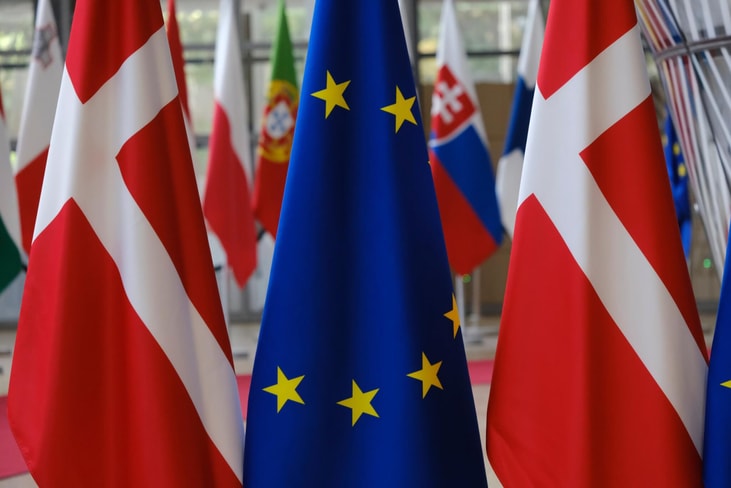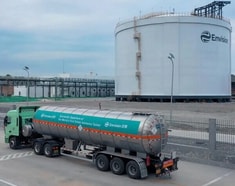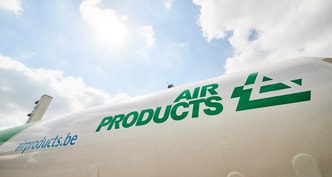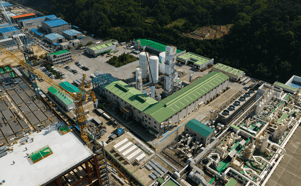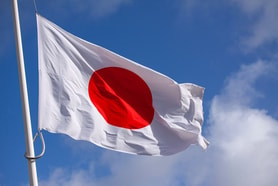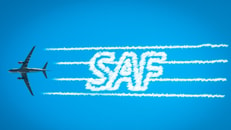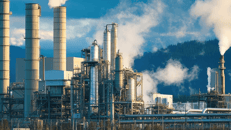Europe approves funding for Denmark firms to stem carbon leakage
The European Commission has approved a €724m (DKK 5.4bn) Danish scheme to lower the rate of a new greenhouse gas (GHG) emissions tax for companies across a range of sectors including industrial gases.
The State Aid measure aims to prevent the risk of carbon leakage, where companies relocate production outside the EU to countries with less ambitious climate policies, resulting in increased greenhouse gas emissions globally.
As part of a broader Green Tax Reform agreed in 2022, Denmark decided to introduce a tax on GHG emissions from activities covered by the EU Emissions Trading System Directive (CO2 emissions tax) in line with the goal of reducing Denmark’s emissions by 70% in 2030 compared to 1990 levels.
The CO2 emissions tax is calculated based on the number of emission allowances that operators must surrender each year under the EU emission trading system (ETS1).
... to continue reading you must be subscribed

